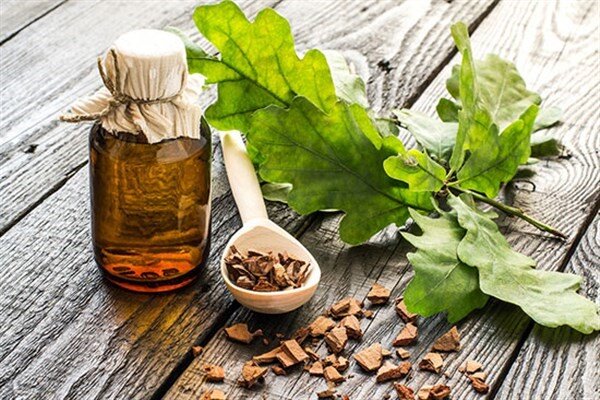Iran finds herbal medicines effective in COVID-19 treatment

TEHRAN – Two herbal drugs that are effective in healing the symptoms of COVID-19 have been permitted to be produced domestically.
The Food and Drug Administration has approved four domestically produced herbal medicine effective in the treatment of COVID-19 and has issued a production license for two of them.
Kianoush Jahanpour, the spokesman for the Food and Drug Administration, told IRNA on Monday that “none of these drugs are a cure for COVID-19, but they have effects to reduce the symptoms of this disease and should be further investigated.”
The first herbal medicine in this collection is an oral spray containing six herbal essential oils, and according to the results of a clinical trial presented, if used, it helps to improve the pulmonary complications of coronavirus, including shortness of breath, cough, and arterial oxygenation, he explained.
The second drug is a syrup containing the extract of two herbs, which according to the clinical trial evidence provided if used, helps to improve the symptoms of fatigue and anorexia in patients with coronavirus, he noted.
Another natural product is a syrup containing seven plant components that are effective in reducing the length of hospital stay and improving hypoxia.
The fourth natural product is a syrup containing a medicinal plant that, based on the results of a clinical trial, has been declared to be effective in improving some of the symptoms of COVID-19.
Iranian traditional medicine against COVID-19
Alireza Abbassian the health ministry’s director of the traditional medicine department, said in March that Iranian traditional medicine can play an effective role in strengthening the immune system to resist the novel coronavirus infection.
Referring to the importance of health care, he explained that medical fasting, reducing calories consumed in a day by 20 percent less than usual, can help strengthen the immune system and reduce inflammation, this method can improve the body's function against the disease.
8,000 herbal species grow in Iran
So far, about 30,000 plant species are identified in the world, with Iran's share of about 8,000 species that its plant diversity is more than the whole of Europe.
Currently, about 2,300 species of medicinal plants have been identified in the country; while medicinal plants account for one-third of the medicines used in human societies, the share of world trade in these products is about $124 billion and Iran’s share is $570 million, which is only 0.5 percent of the total.
The per capita consumption of medicinal plants in Iran is about one kilogram of dried plants, in other words, 83,000 tons of medicinal plants worth 1.2 trillion rials (around $29 million at an official rate of 42,000 rials) are consumed in the country, while in Europe this amount is 900 grams and in the United States is 2.5 kilograms.
COVID-19 cases at a record high
In a press briefing on Monday, Health Ministry spokesperson Sima-Sadat Lari confirmed 10,463 new cases of COVID-19 infection, raising the total number of infections to 692,949. She added that 525,641 patients have so far recovered, but 5,561 still remain in critical conditions of the disease.
During the past 24 hours, coronavirus daily deaths and new cases hit the record high, as 458 patients have lost their lives, bringing the total number of deaths to 38,749, she added.
Lari noted that so far 5,263,173 COVID-19 tests have been conducted across the country.
She said the high-risk “red” zones include provinces of Tehran, Isfahan, Qom, East Azarbaijan, South Khorasan, Semnan, Qazvin, Lorestan, Ardebil, Khuzestan, Kermanshah, Kohgiluyeh-Boyerahmad, Gilan, Bushehr, Zanjan, Ilam, Khorasan Razavi, Mazandaran, Chaharmahal-Bakhtiari, Alborz, West Azarbaijan, Markazi, Kerman, North Khorasan, Hamedan, Yazd, and Kordestan.
The provinces of Hormozgan, Fars, and Golestan and Sistan-Baluchestan are also on alert.
FB/MG
